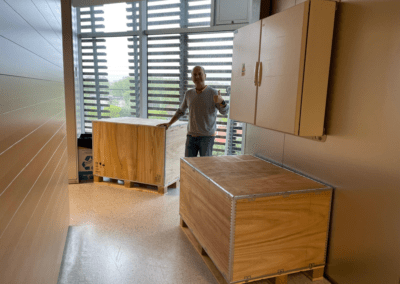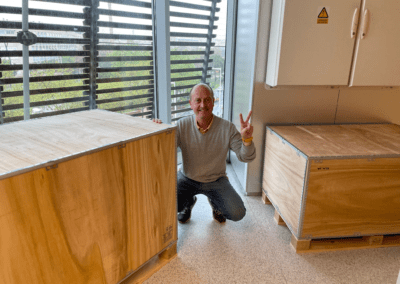Flow africa
The FlowAfrica Initiative
A collaboration project between The Francis Crick Institute and TReND in Africa.
Flow cytometry offers a wide range of applications; immunophenotyping, cell cycle analysis, apoptosis and karyotyping are just some examples. Nowadays, most research projects need or would benefit at some point from this marvelous technique. However, despite being such an important research tool, flow cytometry equipment is still very expensive and requires a long learning curve, making it challenging to stablish new flow cytometry facilities and to train new users.
We are passionate by flow cytometry and we believe that any research institute or laboratory will benefit tremendously by having access to flow cytometry applications. Our objective is to set new flow cytometry facilities in African research institutes, provide access to online training and to finally help create a network of “flowers” (flow cytometry lovers/users) in Africa and abroad.
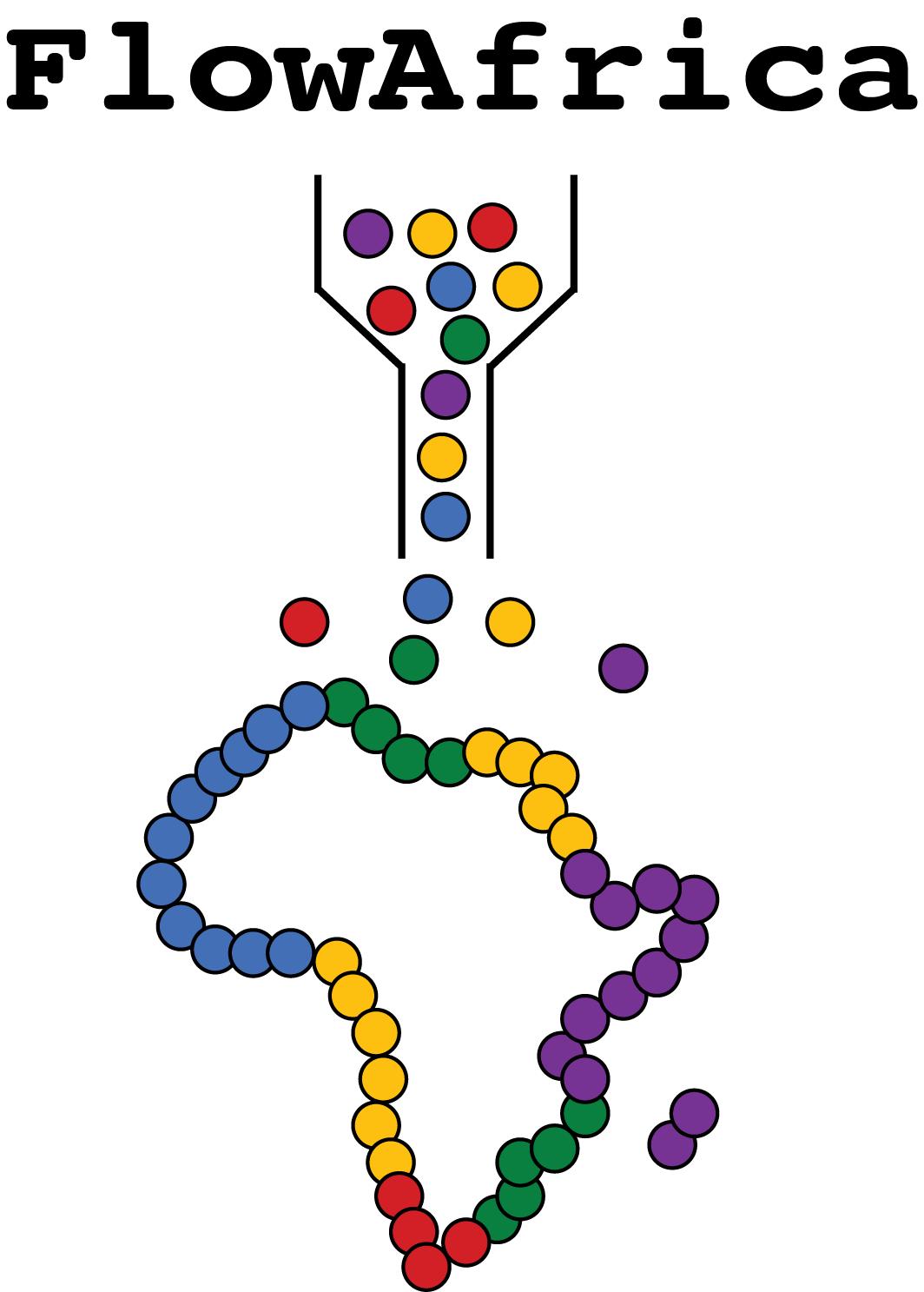
The FlowAfrica team
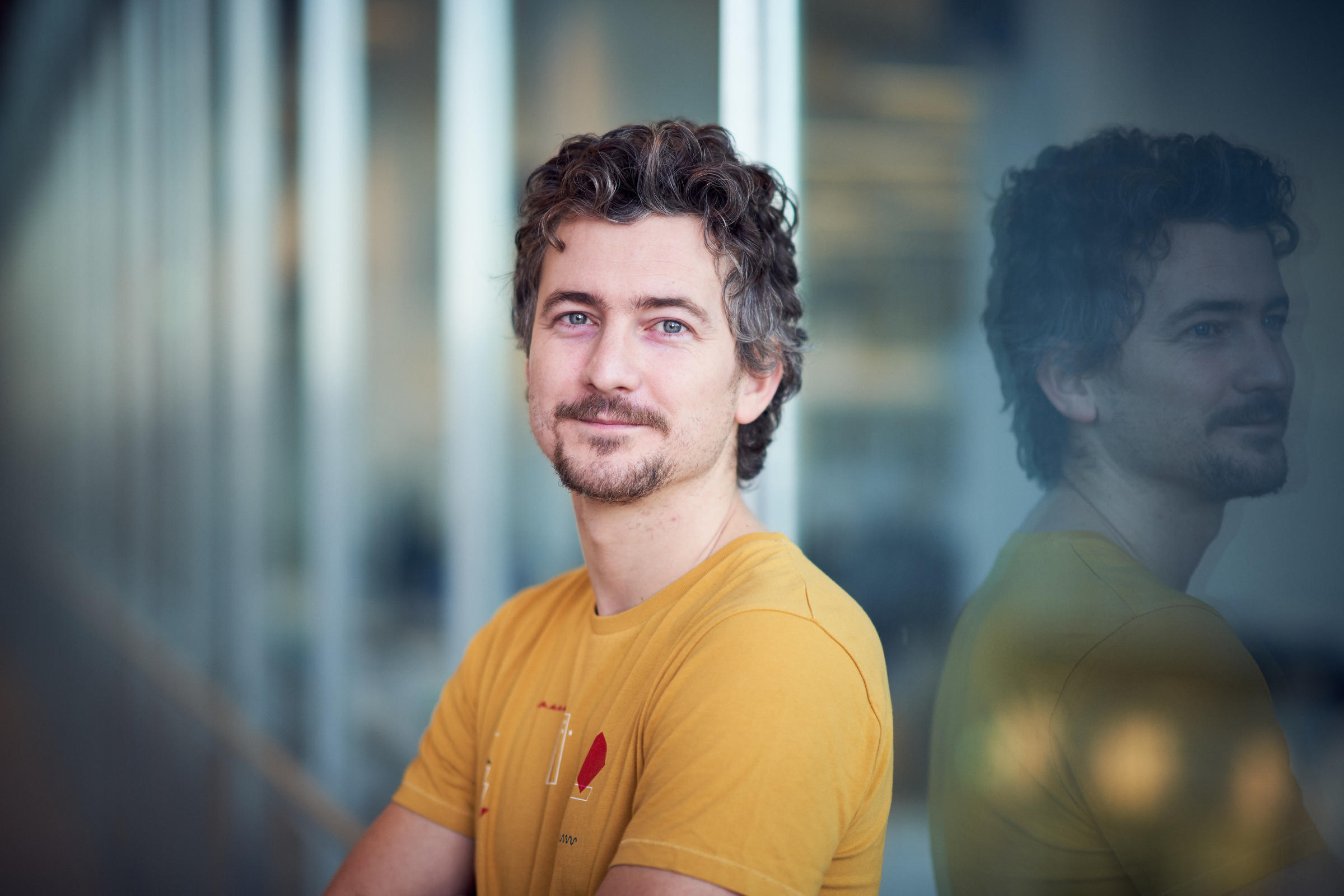
Hector Huerga Encabo
Project Leader
Postdoctoral Fellow at The Francis Crick Institute (London, UK), he received the Kay Kendall Leukemia fellowship to develop his research in the Haematopoietic Stem Cell laboratory led by Dominique Bonnet.
Hector performed his PhD in the Immunology group of Universitat Pompeu Fabra (UPF) located at the PRBB (Barcelona) led by Dr. Cristina López-Rodríguez (2013-2019). During his PhD, he obtained a fellowship from the Spanish Ministry of Science to study how innate immune cells work in homeostasis and sense and respond to pathogens. Specifically, he studied how cells produce interferon type I (IFN-I) and mount the antiviral response. For his PhD thesis, Hector received the Doctoral School PhD Extraordinary Award for the academic year 2018-2019 at UPF.
Hector says: “I have always considered that a key aspect of a scientific career must be based on an open attitude to knowledge transfer, collaboration and promotion of dissemination to society.

Oscar Fornas
Project Supervisor
Oscar is the Head of Flow Cytometry Unit at Pompeu Fabra University (UPF) and Centre for Genomic Regulation (CRG), Barcelona, Spain since 2001, where coordinates the assistance, supervision and training of one of the most advanced flow cytometry platforms in Europe. The Unit assists, supervise and advise more than 300 users from around 120 research groups in Spain and Europe.
He received his PhD in Biochemistry from Autonomous University of Barcelona (UAB). Oscar has published relevant research papers in leading scientific journals, developing advanced Flow Cytometry methodologies and specific cell sorting.
Oscar says: “I am fascinated about exploring new aplications for flow cytometry. Since 2012 we developed flow karyotyping for chromosomes sorting and sequencing, single-virus or extracel.lular vesicles sorting, for enviromental and health science. Currently we are the unique Flow Cytometry Unit in Europe providing these special applications as service. I am drive to position the PRBB flow facility as a reference site for advanced Flow Cytometry applications and sorting at the single-particle level”.
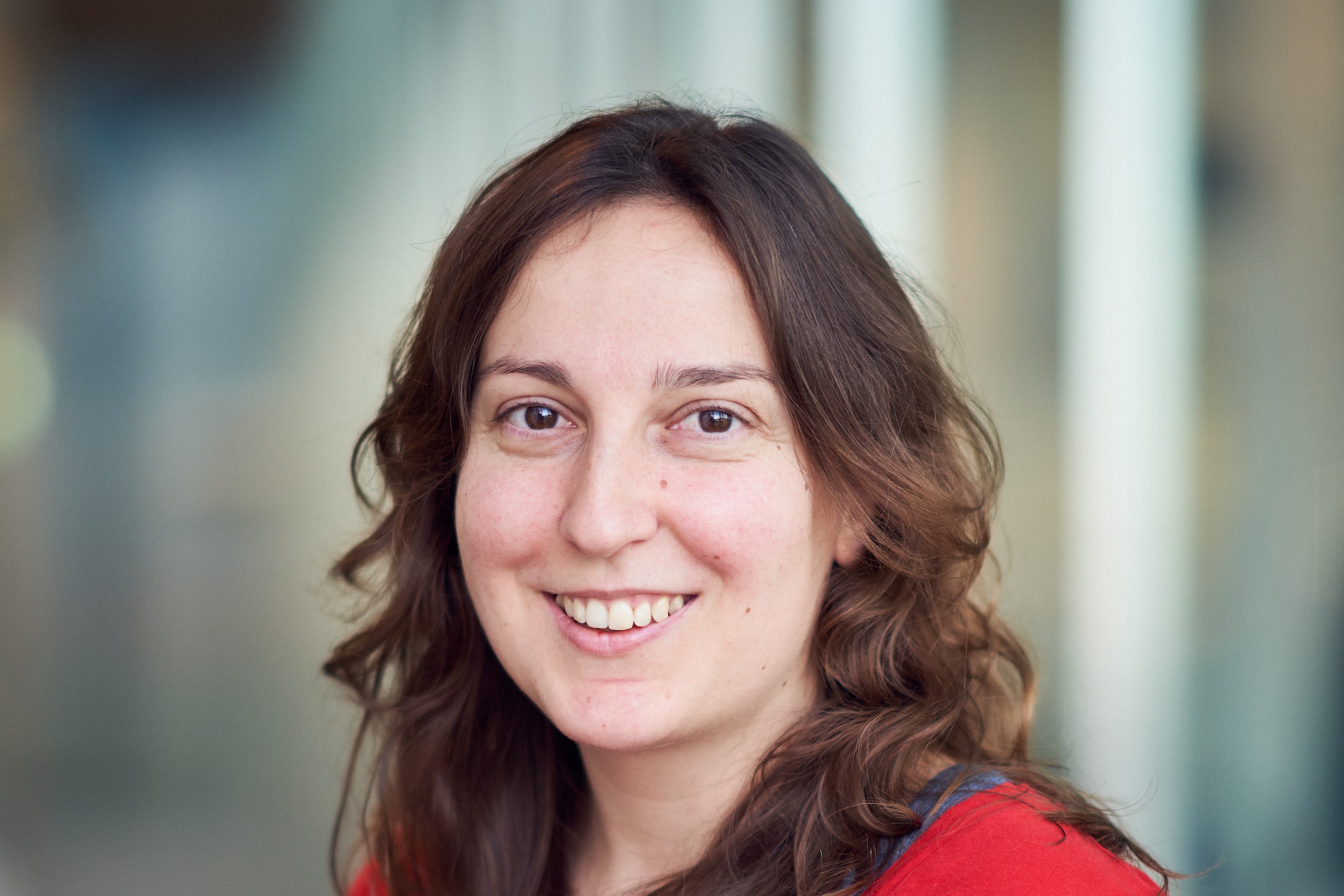
Berta Canal de Torres
Project Coordinator
Marie Skłodowska-Curie Postdoctoral Fellow at The Francis Crick Institute (London, UK), working to understand how DNA replication is regulated in response to stress in the laboratory of John Diffley.
Berta is a molecular biologist with a Master’s degree in Biomedical Research and a PhD in Biomedicine performed at University Pompeu Fabra under the direction of Francesc Posas and Laia de Nadal. During her PhD project, she obtained a fellowship from the Spanish Economy and Competitiveness Ministry to study a mechanism that prevents transcription-replication conflicts and genomic instability when cells must face environmental stress.
Berta says: “I am particularly interested in studying the basic molecular mechanisms that regulate DNA replication and prevent genomic instability, and to use this knowledge to influence future cancer treatments.”
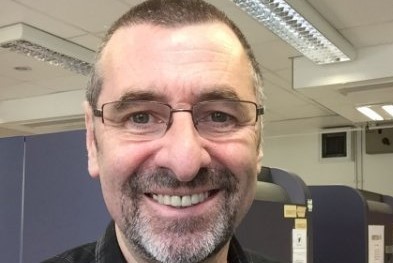
Derek Davies
Guest Lecture
Derek has been involved in flow cytometry since 1985 initially using the technology to look at the DNA content of pre-cancerous cells. Realising the potential of flow, he moved to the Core Facility at Cancer Research UK’s London Research Institute. Derek became the Head of the facility in 1996 and in 2015 oversaw the transfer of the facility to The Francis Crick Institute. In 2019 he moved into a newly created role where he look after training and education in Core Facilities both internally and externally. Derek has many years of experience of teaching flow cytometry on both theoretical and practical courses, nationally and internationally.
Support
TReND in Africa
Shop at smile.amazon.co.uk, and
Amazon will donate 0.5% of the net purchase price of eligible purchases, at no cost to you.

